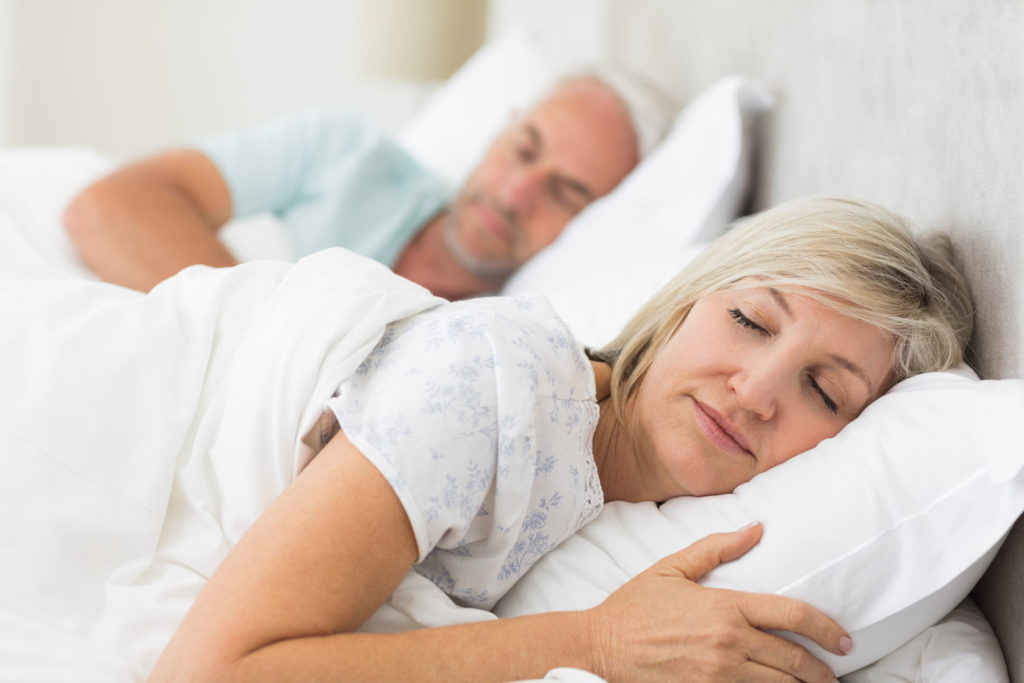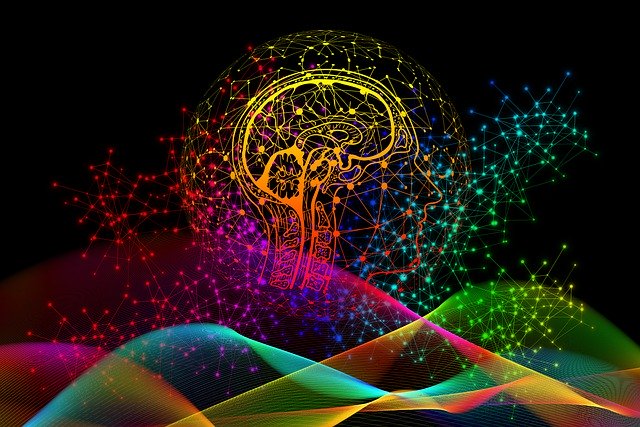
Brain Washed In Your Sleep
Posted August 25th, 2022
Boston University study reveals the first ever images of cerebrospinal fluid washing in and out of the brain during sleep.
It is absolutely necessary that you get an adequate amount of restful sleep. But…. According to the American Sleep Association, insomnia is the most common sleep disorder. About 30 percent of American adults report short-term problems and 10 percent experience chronic trouble falling or staying asleep.
Of course, it is intuitive that we need sleep. All of us have felt the devastating effect of just one restless night. Only now we have the scientific reason why it is so important.
Why we need to sleep.
Research from Boston University suggests that tonight, while you sleep, something amazing will happen within your brain. Your neurons will become quiet. A few seconds later, blood will flow out of your head. Then, a watery liquid called cerebrospinal fluid (CSF) will flow in, washing through your brain in rhythmic, pulsing waves.
According to this 2019 study, sponsored by the NIH and the Martinos Center for Biomedical Imaging, during the awake hours, our brains are very active. At an average weight of 6 pounds, the brain is the most bioactive organ in our bodies, utilizing over 10% of our total energy consumption! But, with all this activity, the brain builds up nasty free radicals and toxic proteins which “gum up the works”, stealing our brain power and adding to an increase in fatigue, irritability and risk of Alzheimer’s…..That is, unless we sleep.
Amazingly, MRI and EEG studies reveal that during – and only during – sleep, the brain actually shrinks, allowing the increase in CSF flow and slow wave activity to flush these toxic, memory impairing proteins out of the brain. Without sleep, these dangerous toxins build up and up, eventually killing healthy brain tissue.
What Helps You Sleep
1. Sleep Hygiene– Sleep in complete dark. White noise or no noise. No TV (and it’s better not to have one in the bedroom). Avoid caffeine, too much alcohol and eating too late. If possible, go to bed around the same time each night. Avoid drinking a lot of fluids within 2 hours of bedtime. Correct any nutrient imbalances, such as Magnesium and Calcium, prior to turning in. Try ‘night-time’ teas, such as chamomile or valerian.
2. Natural, Bio-Identical Hormone Balance– Life struggles, aging, and everyday stress can cause our hormones to go out of balance, interfering with our ability to get restful sleep. The rebalance of natural progesterone is most critical (synthetic versions are inflammatory), followed by Bio-Identical estrogen, melatonin, and cortisol (the stressor hormone).
3. Neurotransmitter Balance– Gaba and Serotonin (the neurotransmitters of sleep), may be balanced by several natural means, thus avoiding the need for using sleep formulas containing potentially addictive drugs. Natural balance of these neurotransmitters often requires the help of a professional trained in Integrative Medicine.
4. Breathing Exercises– Our busy and fast-paced society, filled with homework, long work days, financial strains, parenting burnout, or other emotionally exhausting situations, can make it difficult to unwind, calm down, and get restful sleep. When it’s hard to sleep, focusing on your breath may help.
About The Renewal Point
With over 30 years of experience and numerous board certifications and credentials, Dr. Watts, MD, ND, MSNM is an in Bio-Identical Hormone and Neurotransmitter Balancing. As brain and body hormone balancing is both an art and science, it requires expertise in individualized therapy and ongoing dosing changes, based not only on a patient’s diagnostic lab values but also their symptoms. Due to the sensitive nature of hormone balancing, it is imperative that you work in partnership with an experienced provider and program.
To learn more, we encourage you to visit our website at TheRenewalPoint.com and/or call 941-926-4905.
References:
Kim, S. et al. GABA and l-theanine mixture decreases sleep latency and improves NREM sleep. Pharm Biol. 2019 Dec;57(1):65-73.
Kagan, R. et al. Improvement in sleep outcomes with a 17β-estradiol-progesterone oral capsule (TX-001HR) for postmenopausal women. Menopause. 2018 Dec 21;26(6):622-628.
Sleep triggers a brain fluid refresh. NIH. Science Highlights. 2020 Jan 6.
Noor, A. et al. Progesterone vs. synthetic progestins and the risk of breast cancer: a systematic review and meta-analysis. Syst Rev. 2016; 5: 121.




